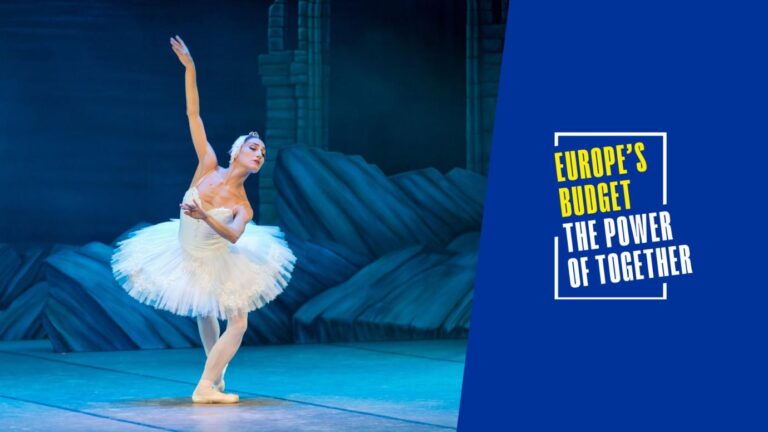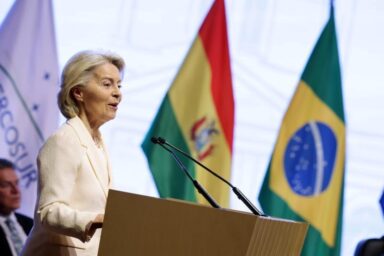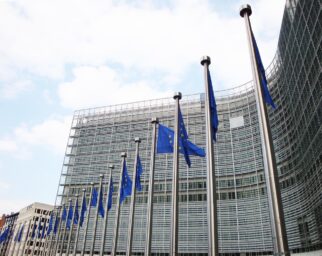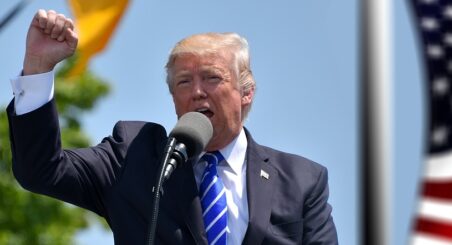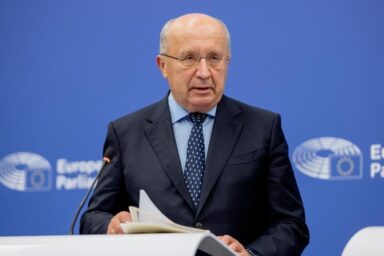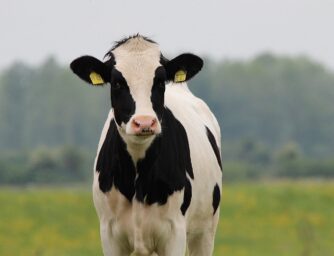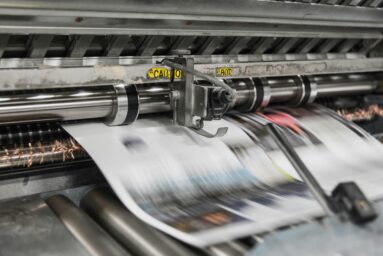The European Union is preparing to launch a new funding programme called AgoraEU as part of its 2028-2034 budget proposal. This programme will combine and expand existing initiatives that support culture, media, civil society, and democracy, with a total budget of almost €9 billion over seven years.
According to European Commission President Ursula von der Leyen, AgoraEU is designed to build directly on the legacy of Creative Europe and Citizens, Equality, Rights and Values Programme (CERV). By merging these into a single programme, the EU intends to simplify access to funding for beneficiaries and improve coordination across sectors. The fund falls under the new budget heading titled “Competitiveness, Prosperity and Security,” which itself is allocated €589.6 billion under the Commission’s proposed Multiannual Financial Framework (MFF).
The AgoraEU budget is divided into three main strands:
- Creative Europe – Culture: €1.796 billion
- Media+: €3.194 billion
- Democracy, Citizens, Equality, Rights and Values’ (CERV+): €3.593 billion
Compared to the 2021–2027 MFF, AgoraEU marks a shift in both structure and scale. The current “Investing in People, Social Cohesion and Values” heading allocates €130.7 billion overall, with €1.842 billion for Creative Europe and €947 million for the Justice, Rights and Values programme.
Why now?
The need for such a programme is backed by clear public demand. According to recent Eurobarometer data, 92% of Europeans view support for media independence and the fight against disinformation as key priorities. Similarly, 87% support stronger investment in culture, and 89% agree that all member states should uphold EU core values.
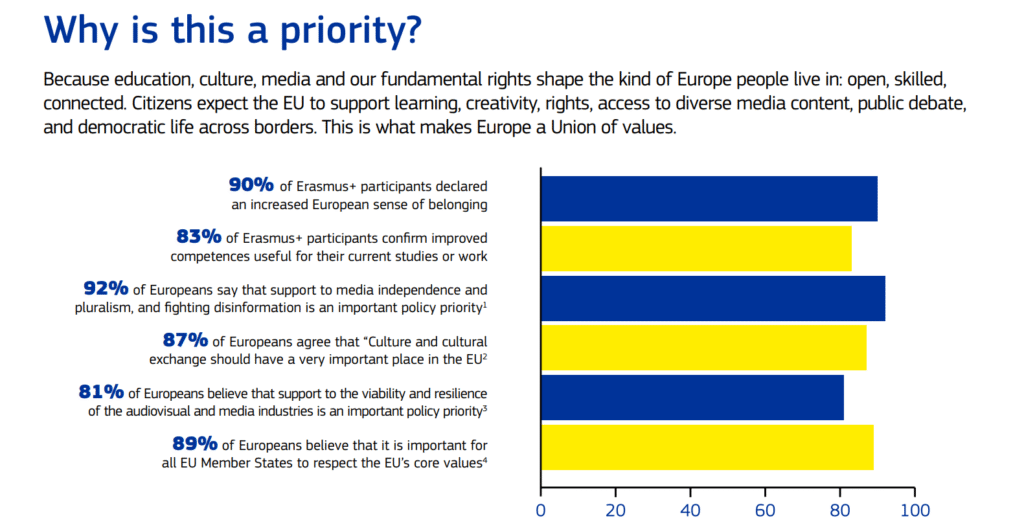
Europe currently faces a number of important challenges. The audiovisual sector, which includes film, television, and video games, requires support to remain competitive and diverse. At the same time, there is growing concern over the decline of independent journalism, the spread of disinformation, and threats to media pluralism.
Furthermore, questions surrounding the rule of law and respect for fundamental rights in some member states continue to be a pressing issue. AgoraEU aims to address these challenges by promoting media freedom, artistic expression, cultural and linguistic diversity, and the core democratic values that underpin the European project.
You might be interested
What will it support?
The programme will finance projects that encourage cultural creation and cross-border cooperation, with a particular focus on young people. It will support the development of a free and diverse information space, backing independent journalism and news media.
In addition, AgoraEU will focus on promoting equality and protecting vulnerable groups, including dedicated efforts to prevent gender-based violence and violence against children. Support will also be directed towards civil society organisations that work to strengthen democracy and uphold the rule of law.
We need a European culture compass complemented by a strong, creative European programme to implement it. – Glenn Micallef, European Commissioner for Intergenerational Fairness, Youth, Culture, and Sport
Glenn Micallef, European Commissioner for Intergenerational Fairness, Youth, Culture, and Sport, underlined the programme’s potential to strengthen Europe’s cultural fabric. He pointed out that AgoraEU will back a wide range of cultural spaces, from libraries to concert halls, festivals, and museums, signalling a significant increase in cultural investment in the EU’s long-term budget.
In his Twitter account, Micallef also referred to the importance of supporting cultural workers, describing the plan as paving “a fairer future” for them. He called the initiative a step toward making Europe a “global cultural powerhouse” and highlighted the need for a “European culture compass” that would be paired with a strong Creative Europe programme to bring this vision to life.
Cultural sector praises doubling of the budget
Initial reactions from the cultural sector reflect cautious optimism. Culture Action Europe, a European network of cultural networks, welcomed the proposed doubling of the EU’s culture budget and praised the continued autonomy of the Creative Europe – Culture strand within AgoraEU. The group also noted the importance of preserving familiar funding schemes and recognised the broad scope of the new programme.
“At the same time, we stress that the proposed funding represents only the bare minimum needed to sustain and develop the European cultural sector.” – Culture Action Europe
However, Culture Action Europe warned that the €1.8 billion earmarked for culture represents “only the bare minimum needed to sustain and develop the European cultural sector.” The organisation urged the European Parliament and Council to raise the budget further and called on the sector to remain united during negotiations, warning of the risk of future cuts.
Concerns from the Parliament
In a coordinated letter dated 14 July 2025, Emma Rafowicz (S&D) rapporteur for Creative Europe, together with shadow rapporteurs from EPP, Renew, Greens and The Left, expressed concern about the future of Creative Europe under the AgoraEU umbrella. While acknowledging the Commission’s longstanding commitment to culture, the letter raised red flags about both the proposed funding level and the merging of programmes.
“We recognise the European Commission’s strong commitment to the cultural and creative sectors, which are not only essential to our economic competitiveness, but also form a cornerstone of our civilization,” the MEPs wrote. However, they stressed that culture must not become collateral in a budget shaped by geopolitical priorities: “We understand that the EU faces multiple priorities… but this should not come at the expense of the vital support required for the cultural sector.”
The letter also warned against blurring cultural and civic goals by merging Creative Europe with CERV. This, they argued, “risks adding bureaucratic complexity, weakening the programme’s impact, and — more worryingly — infringing on artistic freedom.” The group called on the Commission to preserve the standalone nature of Creative Europe and ensure its independence and clarity within the broader AgoraEU framework.
Political negotiations ahead
As the EU begins negotiations over its next long-term budget, AgoraEU will be a test of how much political will exists to invest in cultural resilience, media independence, and democratic safeguards. The outcome will help define how Europe chooses to fund its values and how it shapes the cultural and civic identity of future generations.
